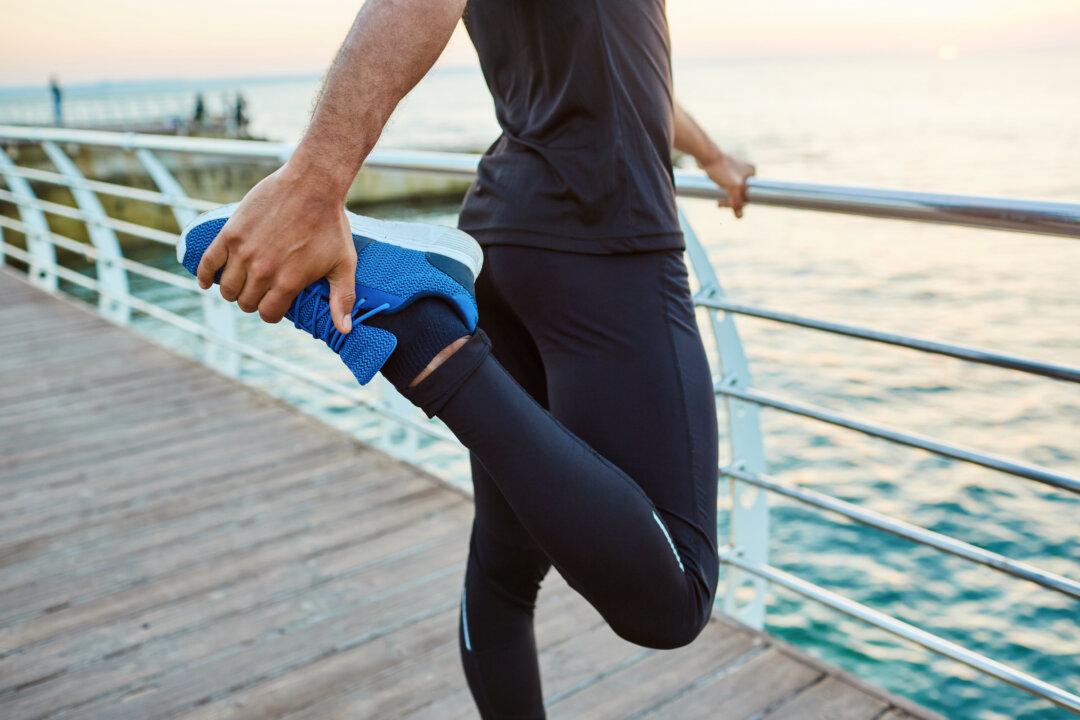For most people, coffee is a refreshing and healthy drink. However, for some, coffee is also a great tool to help with bowel movements. Is coffee really a quick laxative?
When people speak of coffee, they often mention the refreshing caffeine and many antioxidants in it. Few studies have mentioned whether coffee can help with bowel movements or not. However, there is a group of people who do visit the restroom after drinking coffee.





